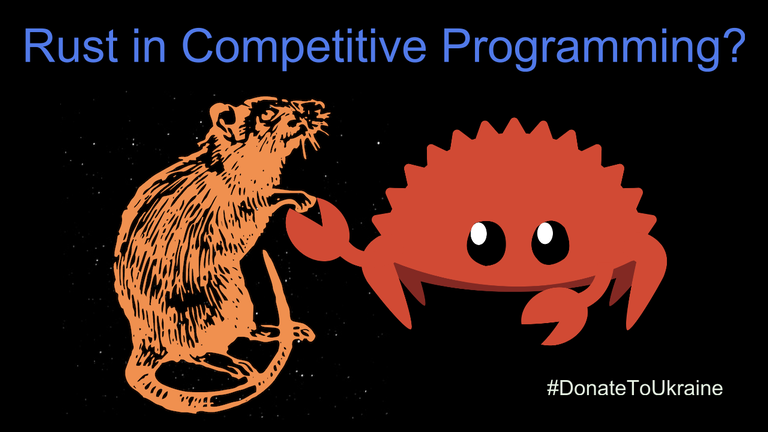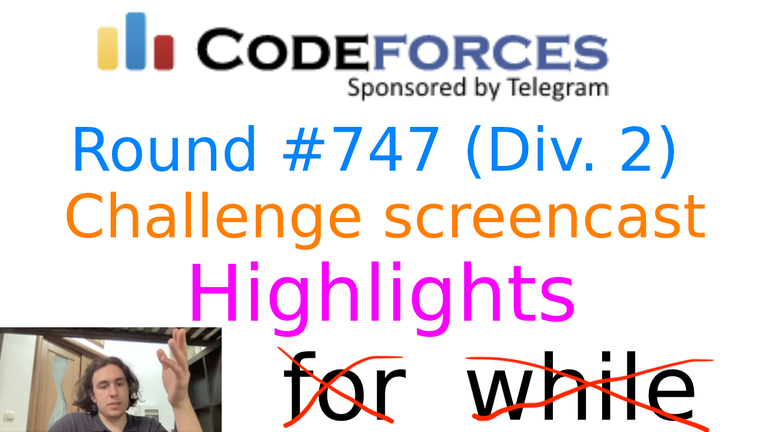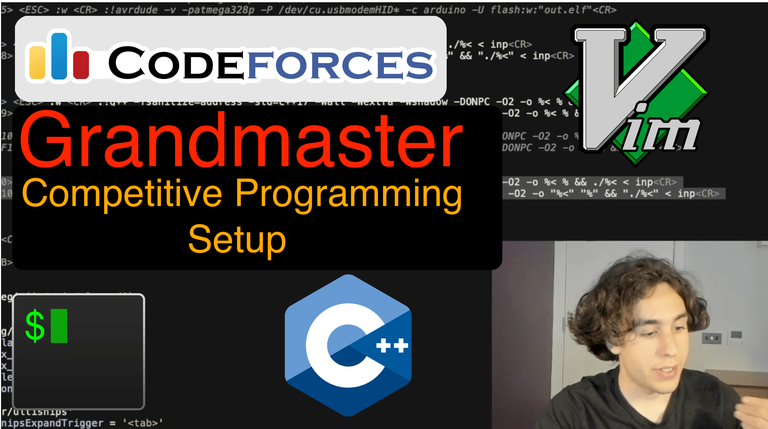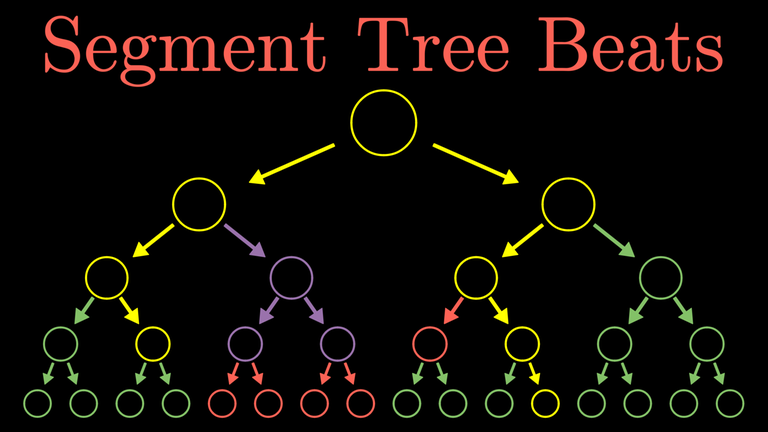Hi!
Last time I wrote a contest, I got RE1 on a submission that worked on my computer, and you helped me figure out what was wrong. This time I have an even weirder situation. I have CE on a submission that works on my computer. I don't know what's wrong with me. I guess it's a combination of being stupid and being extremely unlucky.
So here is the submission for problem F: 299683526. I submitted it ~10 mins before the end of the contest and got CE. The CE message says something about std::vector but I don't really understand how it is connected to my program. I tried to change some things and even submit with C++23 but it didn't help. After the end of the contest, I learned that a friend of mine had the same issue with problem E. He was able to fix it by submitting with C++17. I then tried to run my code in the "custom invocation" codeforces tab with C++17, and indeed it compiles and works as expected. As my friend had the same problem, this seems to be a bit concerning. Is everything ok with C++20 and C++23 compilers on Codeforces?















